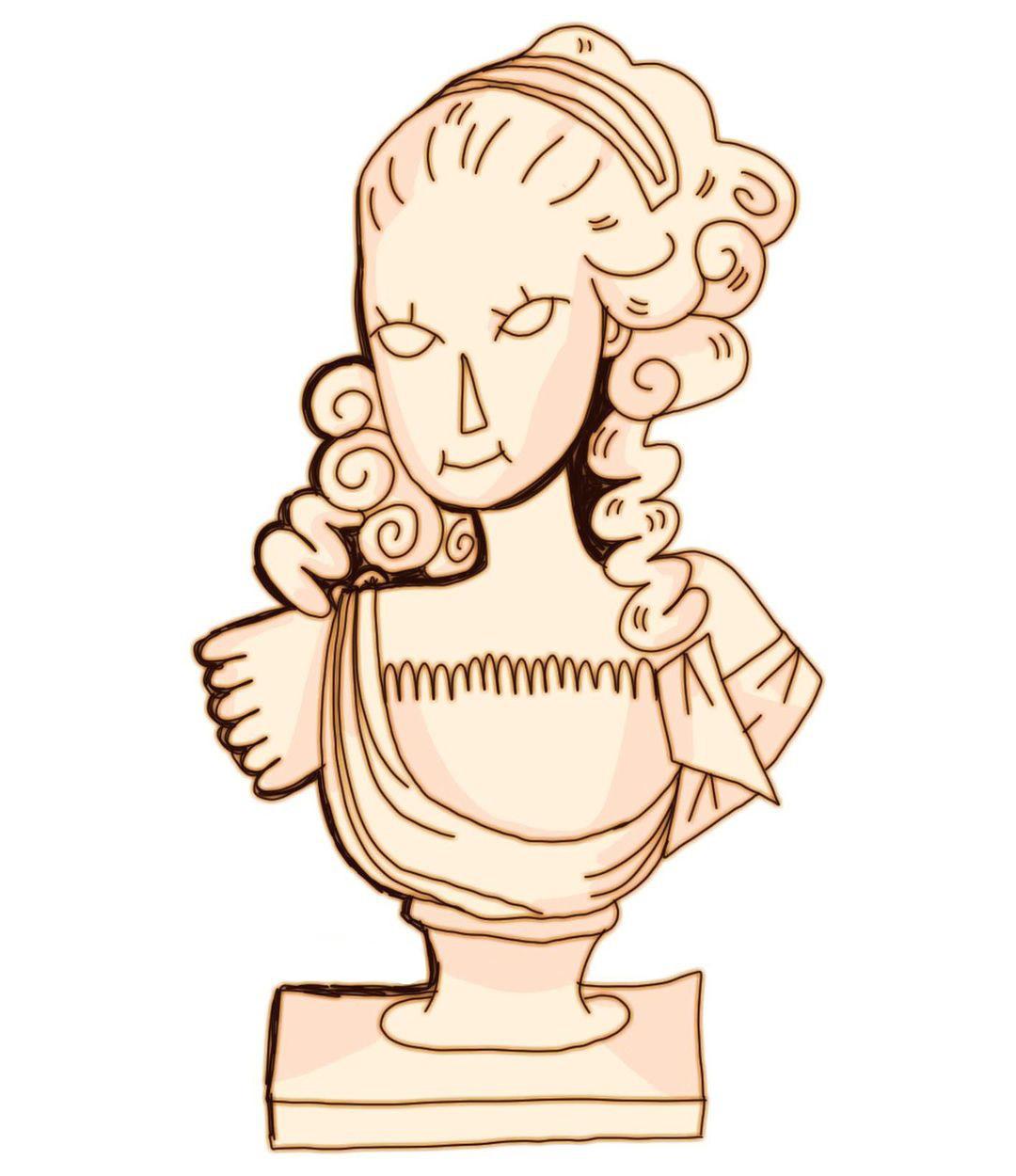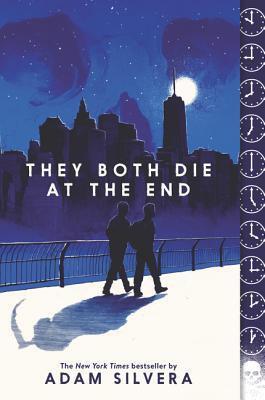
4 minute read
LGBTQ+ History and the Importance of the Queer Headcanon
by NUKS KNUS
LGBT+ History and the Importance of the Queer Headcanon
by Charlie Chowdhry
Advertisement
Recently, I have been thinking about the Iliad, the epic poem by Homer. It got me thinking about how gay men are treated in fiction. In my opinion, it is very obvious from the content of the Iliad that Achilles and Patroclus are lovers. Some writers (namely Plato and Madeline Miller) agree with me. However, some historians disagree, saying that we are reading too much into it and doing these characters an injustice by projecting our “modern values” onto these ancient figures. After all, Homer never explicitly said that the two were lovers.
Fair point. Homer never said ‘and then everyone’s favourite twunk, Achilles, turned to his boyfriend and said-’, but he did have Achilles say “...my dear comrade Patroclus has fallen—he whom I valued more than all others, and loved as dearly as my own life?” (The Iliad, 18.78-81)
Illustrations: @glass.soda
Oh my God, they were comrades!
Perhaps you’ve been unlucky enough to read The Da Vinci Code. If you’ve made it this far through my article, you’re probably as horrified as I am at what Dan Brown decided to shoehorn into the last few pages of the novel. (Spoiler alert: after the entirety of the book, with absolutely no build-up or indications of anything beyond a professional relationship, the two leads get together, literally in the last three pages of the book). If that nonsense will fly, “he whom I valued more than all others, and loved as dearly as my own life” is one of the most profound declarations of love in the past couple of millennia.
I could, of course, just be projecting. It’s not like the relationship between Achilles and Patroclus is directly comparable to a pederastic relationship between the two of them that has continued from adolescence into adulthood. It’s also not as if later Greek writers were not only in agreement with me on this, but established who fitted into which role in the relationship, or anything completely impossible to ignore like that.
It seems that, for whatever reason, characters have to be straight until proven LGBT+. And, even then, some people seem unwilling to disregard it. But it’s not like there’s a shortage of canonically cishet characters in literature, either. After my initial meditations on Achilles and Patroclus, I began thinking about my own favourite LGBT+ characters from fiction (Sirius Black and Remus Lupin, Sherlock and Watson, Anne Shirley, Dean Thomas and Seamus Finnigan) and realised that none of them are canonically LGBT+...


I was naturally curious if other people experienced the same thing. After polling my nearest and dearest friends (all of whom happened to be LGBT+… I promise I don’t discriminate), it turns out that headcanon and speculation makes up an overwhelming number of the LGBT+ figures we know and love in fiction. This was especially true for figures from history and literature.
Some people I asked listed Sappho as a poet whose LGBT+ identity is canon. Allow me to take a moment to frustrate you deeply. There is not a consensus in Classics that Sappho was a lesbian. There are still people who are very respected in the study of Greek history who will not concede that Sappho was… sapphic. Their reasoning? Her husband - the only record of whom comes from a satirical play in which his name is given as Kerkylas of Andros! Kerkylas is not only a made-up name with no other records of being used, it also comes from the word kerkos, which means cock. Andros, which may be familiar to you as it is sometimes used as a prefix in English, literally just means man. Behold the great Cock, the canonical husband of our favourite heterosexual poet!
Cishet historians will do anything, including paying a disproportionate amount of attention to our good friend Cock, to make sure that there are as many cishet historical figures as possible. In a way, I can’t blame them. If you’re LGBT+, try to remember how it felt the first time you saw yourself represented. It felt good, right? These historians are trying to relate as much as they can to these historical figures that they admire. In fact, I’d feel completely sympathetic if I hadn’t had to relate to cishet characters my entire life, patiently waiting for the day that I watched a show or a movie and saw myself.
So many of us are tired of waiting. LGBT+ representation in the media still has a long way to go. It is so rare to see ourselves represented in a way that causes good rather than harm. As a white transgender man, I am lucky to see white transgender men every so often on TV and in movies. Many trans men of colour are still waiting for the day they can see someone like themselves outside of just a horrible statistic. This is why headcanons are so important for the LGBT+ community. We want to create our own representation in the form of gay fanfiction, fanart and headcanons, because we are largely deprived of our history and our place in literature by the kinds of people who think that Sappho was married to Cock.
And, well, who’s to say these characters weren’t LGBT+ to begin with?







